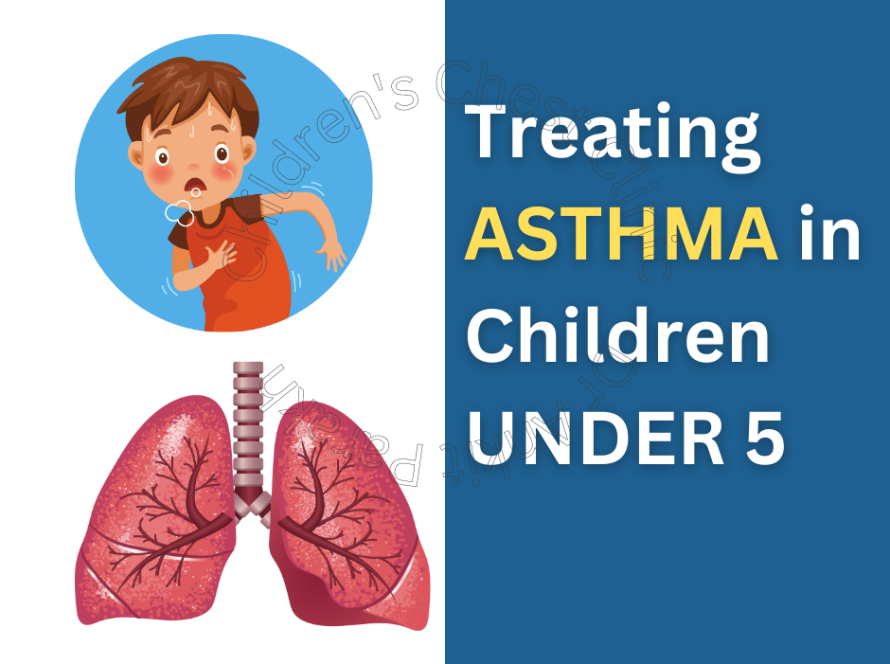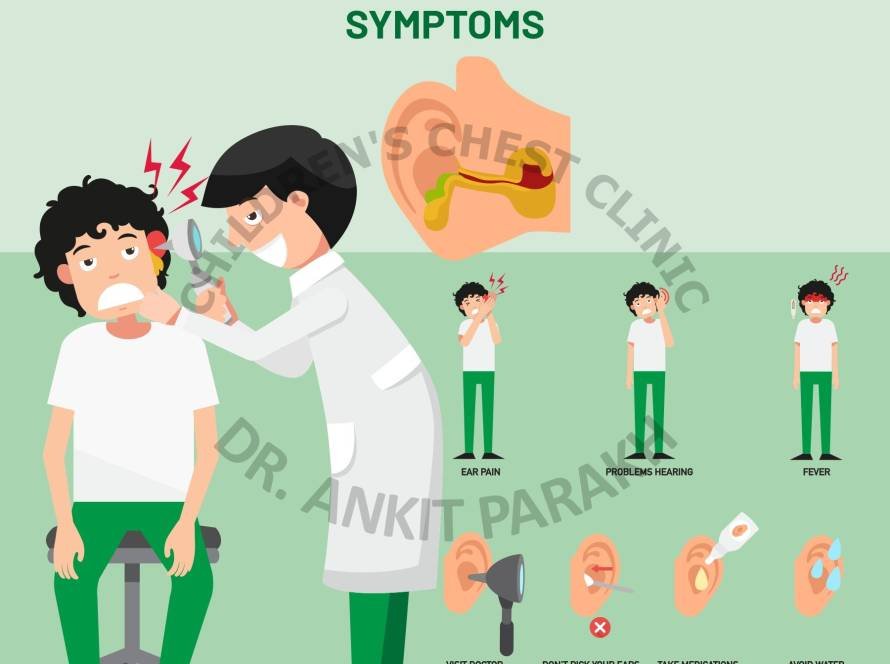Hereditary angioedema (HAE) is a disorder that results in recurrent attacks of angioedema or severe swelling. Hereditary angioedema (HAE) is caused by a low level or improper function of a protein called the C1 inhibitor. There are three types of hereditary angioedema, called types I, II, and HAE with normal C1 inhibitor function. These can be distinguished by their underlying causes and levels/function of a protein called C1 inhibitor in the blood.
What are the symptoms of Hereditary Angioedema [HAE]?
Hereditary Angioedema [HAE] presents with recurrent episodes of swelling also termed as “Angioedema”. The swelling most commonly affects lips, tongue, face, hands, feet, arms and legs. The swelling of Hereditary Angioedema [HAE] is non-pitting and painful, but not itchy and not associated with hives or urticaria. Hereditary Angioedema [HAE] can also involve the airway of the child or adult leading to difficulty in breathing. This is a rare, but potentially life threatening complication of Hereditary Angioedema [HAE]. Some children and adults can also develop swelling in the abdomen leading to severe episodes of pain and vomiting. The frequency and duration of attacks of Hereditary Angioedema [HAE] can vary greatly among patients, even among people in the same family. Some kids develop occasional attacks in a year, while some might develop frequent attacks of Hereditary Angioedema [HAE] a few times in a week as well.
What are the investigations required to make a diagnosis of Hereditary Angioedema [HAE]?
Proper investigations are required for making a diagnosis of Hereditary Angioedema [HAE] in children. Your pediatric allergist will help to make a diagnosis of Hereditary Angioedema [HAE]. Other causes of angioedema should be carefully ruled out like allergic angioedema. The usual investigations required to make a diagnosis of hereditary angioedema are C4 complement level, C1 inhibitor level and C1 inhibitor function. In few children, a genetic diagnosis is also required to confirm a diagnosis of Hereditary Angioedema [HAE].
How do we treat Hereditary Angioedema [HAE]?
Treatment for Hereditary Angioedema [HAE] requires management of acute attacks, short term prophylaxis for dental or surgical procedures and long term prophylaxis. The treatment of Hereditary Angioedema [HAE] attacks depends on the frequency/severity of the attack and site involved in the body. Other factors taken into account are the patient preference, working conditions especially in adults and the medicines which are available. The medicines used in the treatment of Hereditary Angioedema [HAE] are anabolic steroids like Danazol or Stanzolol, Tranexamic acid and fresh frozen plasma. Newer medicines like C1-inhibitor concentrate, bradykinin or kallikrein receptor antagonist are also used. These drugs are quite expensive and moreover unavailable in India at the moment.







